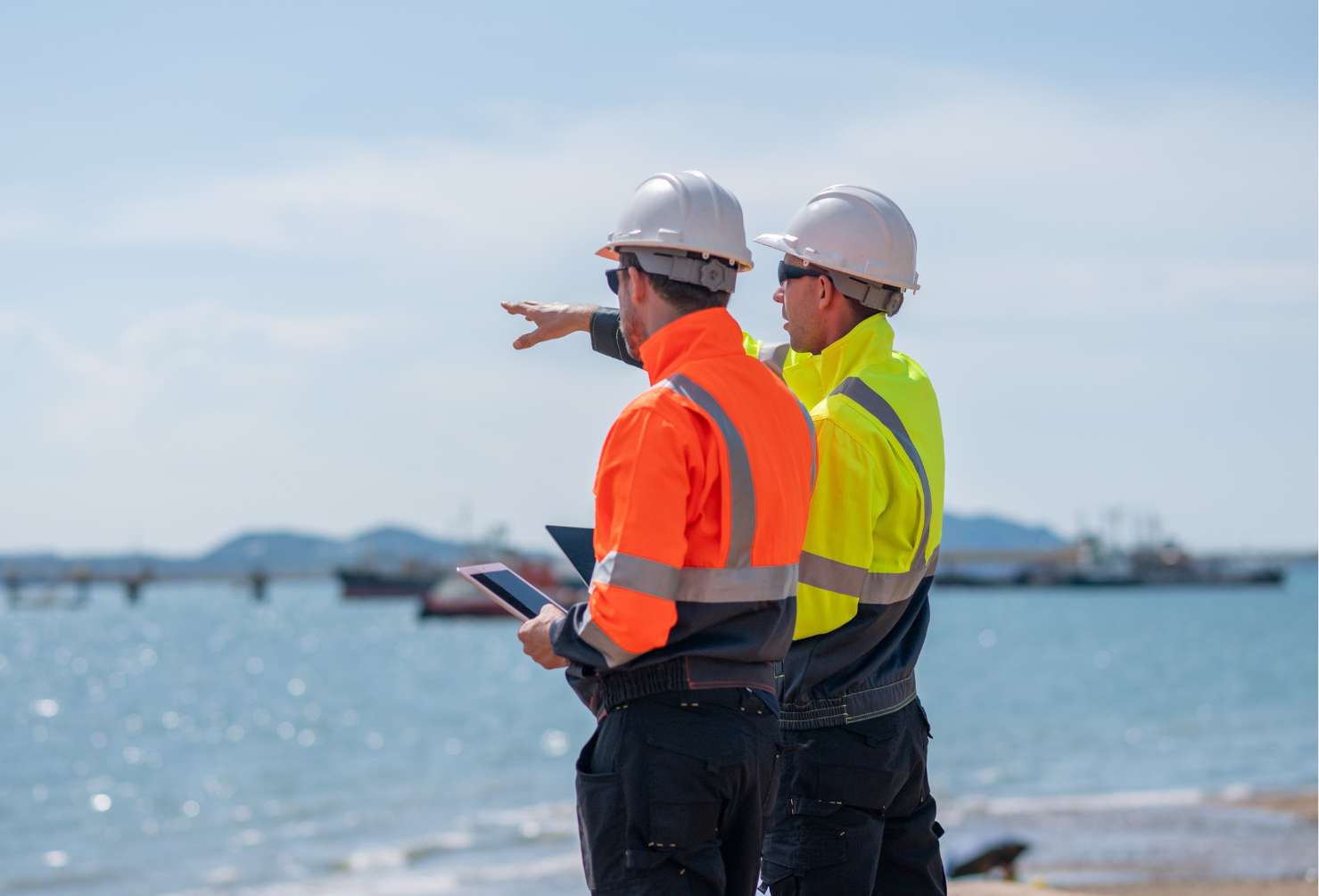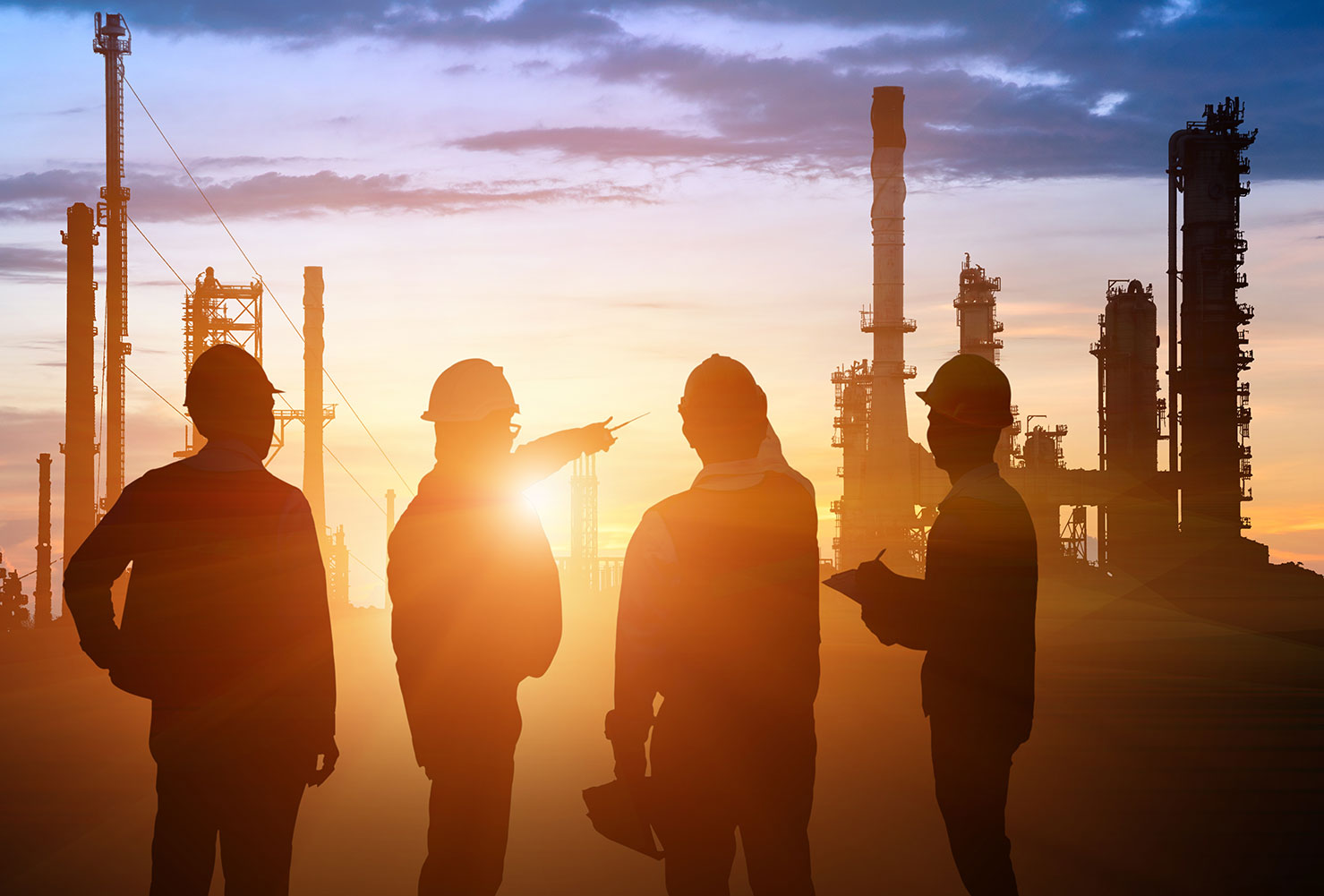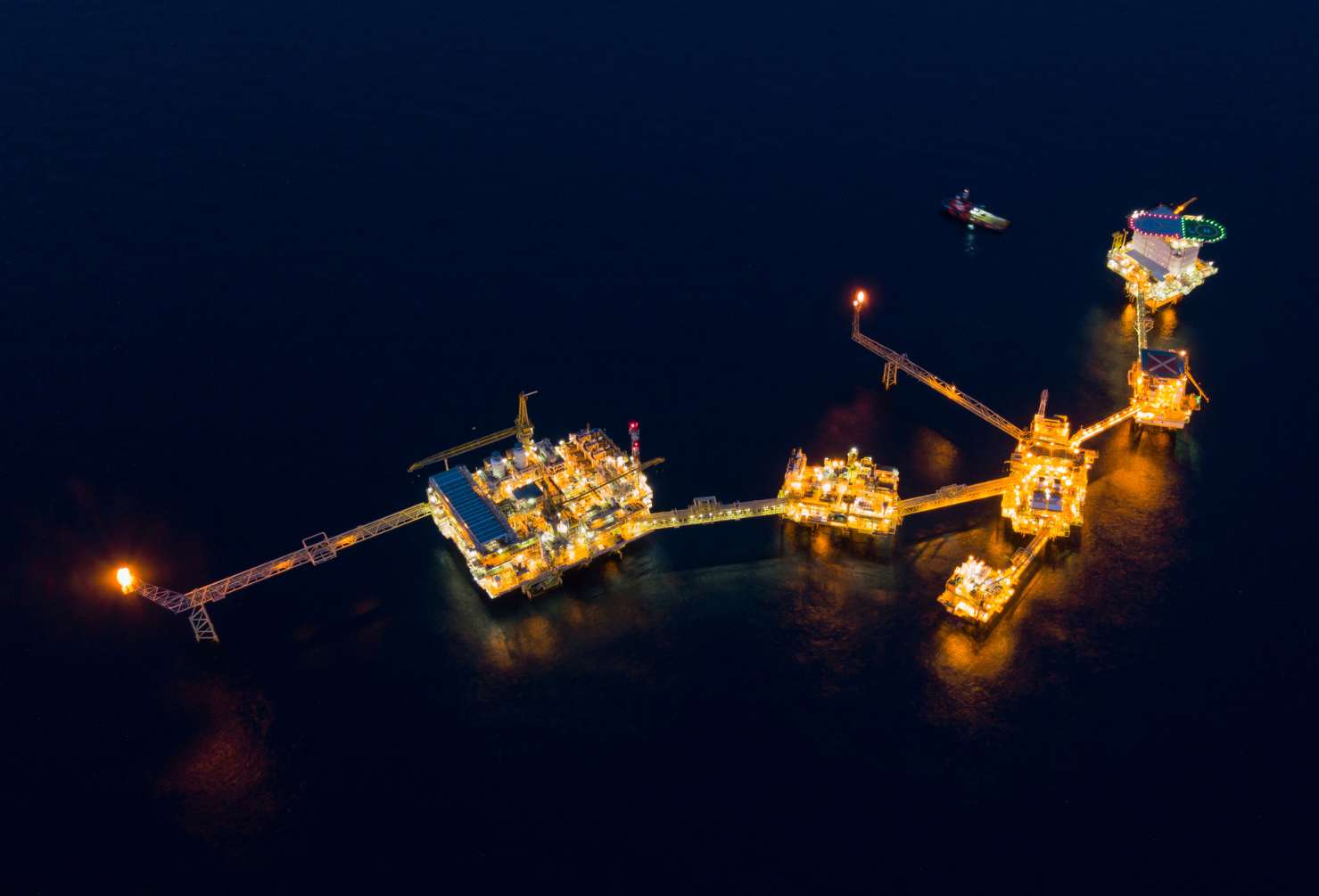
Australia’s oil and gas sector is well known for its major developments, large-scale production and long-term employment opportunities. But as some offshore and onshore assets near the end of their productive life, another opportunity is emerging — decommissioning. Once seen mainly as a cost and compliance task, decommissioning is now set to become a significant driver of job creation and economic activity across the country.
In this article, we explore why decommissioning is gaining attention, where the work will come from and what it means for workers, employers and Australia’s energy sector.
What is Oil & Gas Decommissioning?
Decommissioning involves safely retiring oil and gas infrastructure that is no longer in use. This includes:
- Plugging and abandoning wells
- Removing platforms, subsea equipment and pipelines
- Remediating and restoring the environment
In Australia, much of this work will take place offshore, although onshore gas fields also require decommissioning. The scale of the task is significant, with billions of dollars in activity expected over the coming decades.
Why Decommissioning is Becoming a Major Focus
Several factors are pushing decommissioning up the agenda:
- Ageing infrastructure: Many of Australia’s offshore oil and gas facilities were built in the 1980s and 1990s. These assets are now reaching the end of their productive life.
- Regulatory pressure: Governments and regulators are increasing their focus on decommissioning to ensure environmental and safety obligations are met.
- Changing energy mix: As Australia progresses towards net zero, decommissioning old oil and gas assets will be part of the transition.
For the workforce, this shift creates new demand for skills and services that were once considered niche.
Where the Job Opportunities Will Come From
Decommissioning is highly complex and labour-intensive. It will create job demand in areas such as:
1. Engineering and project management
Designing decommissioning programs, managing logistics and ensuring compliance will require skilled engineers and project managers.
2. Trades and technical roles
Skilled workers will be needed for:
- Well plugging and abandonment
- Subsea equipment removal
- Structural dismantling
- Environmental remediation works
3. HSE and environmental specialists
Ensuring decommissioning is carried out safely and in line with environmental standards will generate strong demand for HSE professionals and environmental scientists.
4. Marine and subsea operations
Specialists in diving, ROV operations and marine logistics will play key roles in offshore decommissioning programs.
For field-based workers, the scale of work means significant long-term employment opportunities, both onshore and offshore.
How Big is the Decommissioning Opportunity?
Australia has more than 60 offshore oil and gas fields that will require decommissioning over the next 30 years. Some estimates put the cost of this work at over $50 billion, making it one of the largest future markets in the sector.
Major projects like the Northern Endeavour decommissioning are already providing a preview of what’s to come. As more assets reach end of life, decommissioning will move from being an occasional activity to a core part of the industry.
What This Means for FIFO and DIDO Workers
For FIFO and DIDO workers, decommissioning projects present:
- New types of work: Many of the skills required for decommissioning overlap with construction, maintenance and shutdown work, creating strong transferability.
- Long-term job prospects: With projects spanning years and multiple phases, workers can expect stable employment opportunities.
- Opportunities for multi-skilling: Workers who can move between decommissioning, maintenance and construction tasks will be highly valued.
Employers will need to ensure their workforce is ready and trained for the unique requirements of decommissioning work.
Challenges and Considerations for Employers
While decommissioning presents major opportunities, it also comes with challenges:
- Workforce readiness: Employers will need to build capability in decommissioning-specific skills and processes.
- Planning and scheduling: Decommissioning programs often overlap with other major works, requiring careful workforce management.
- Safety and compliance: Decommissioning carries significant HSE risks, meaning employers must invest in training, systems and oversight.
Those who get ahead of the curve will be well placed to secure contracts and build strong decommissioning teams.
What Workers Can Do to Prepare
For oil and gas professionals looking to tap into decommissioning work, now is the time to:
- Maintain and upgrade certifications: Offshore safety, marine operations and high-risk work licences will be essential.
- Consider upskilling in specialist areas: Training in well abandonment, subsea operations or HSE compliance can open new doors.
- Be flexible: Decommissioning work will often require versatility across different roles and locations.
Workers with experience on shutdowns, offshore installations or major projects will find many of their skills translate well to decommissioning.
Why Decommissioning is Good for Australia’s Energy Sector
Decommissioning is not just a compliance task. It provides real benefits for the sector and the country, including:
- Job creation: Billions of dollars in work will support thousands of Australian jobs over decades.
- Environmental protection: Proper decommissioning ensures that old infrastructure is safely removed and the environment restored.
- Strengthening capability: Building local expertise in decommissioning positions Australia as a leader in the Asia-Pacific region.
It also supports the energy transition by responsibly managing legacy oil and gas infrastructure as new technologies and energy sources emerge.
At Enxgy, we understand that decommissioning will play a major role in shaping the future workforce of Australia’s oil and gas industry. We are ready to help employers plan for and secure the talent needed to deliver complex decommissioning projects safely and efficiently. Whether you are an experienced worker looking to enter the decommissioning space or an employer seeking workforce solutions for upcoming programs, Enxgy has the expertise and connections to support your success. Get in touch with our team to learn more.




